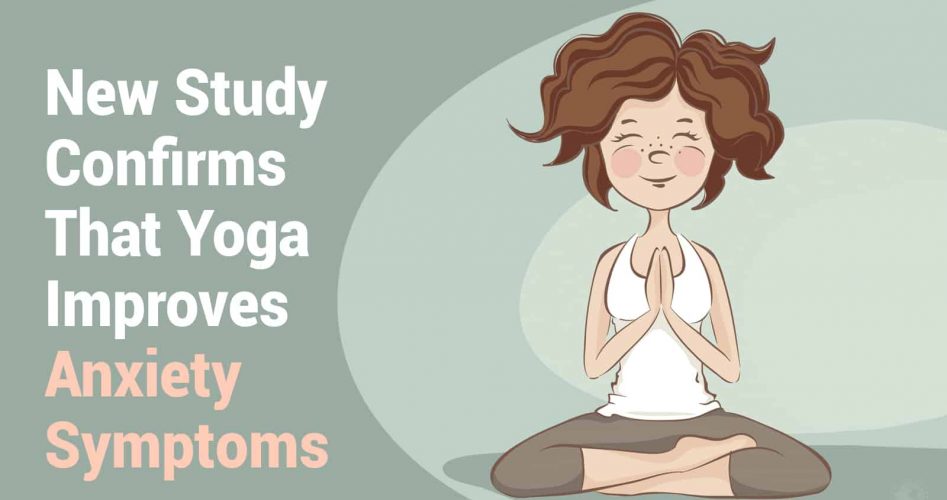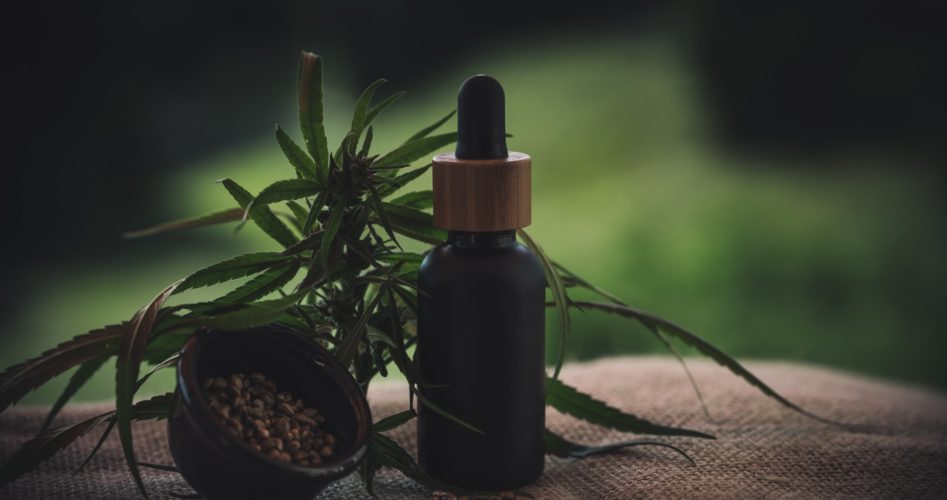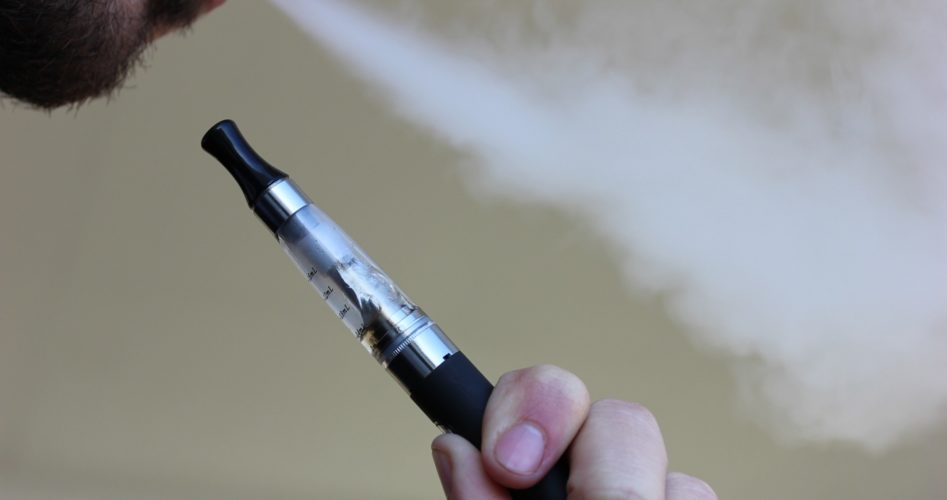If you want to improve your anxiety symptoms, you may want to try yoga for relief. Yoga means union of the body and soul or individual consciousness with Universal consciousness. It allows you to see the actual reality of existence beyond just the limited ego. While liberation from body consciousness remains the real goal of yoga, it can significantly benefit one’s mental health.
Because yoga leads to perfect harmony between mind and body, your anxiety will naturally melt away once you reach the highest consciousness. When you unite your consciousness with the highest source of intelligence, your mind will cease to cause suffering to the body. While yoga in the west seems to focus more on conditioning the body, the real goal is the liberation of consciousness.
While the yogic system is designed for upgrading one’s consciousness, the benefits for the mind and body are just as significant.
Health benefits of yoga
1 – Decreases stress.
Studies have shown that the practice can decrease cortisol levels, the primary stress hormone. One study of 131 people showed that after ten weeks of consistent yoga practice, their stress and anxiety decreased dramatically.
2 – Reduces anxiety.
Yoga can help improve anxiety symptoms by promoting relaxation and stress-reduction techniques. For example, in one study of 64 women with PTSD, the women had fewer symptoms after practicing for ten weeks. 52% of participants no longer met the diagnostic criteria for PTSD after doing yoga just once weekly during the study period.
3 – Lowers inflammation.
One study in 2015 divided 218 participants into two groups. One group practiced yoga, and the other did strenuous physical exercise. At the end of the course, the yoga group had lower inflammatory markers than the non-yoga group.
4 – Improves heart health.
High blood pressure is one of the most prevalent risk factors for heart disease. One study found that participants over 40 years old who practiced yoga for five years maintained a lower pulse rate and blood pressure than the individuals who didn’t. Not to mention, yoga helps lower stress, which also contributes to heart disease risk.
5 – Helps reduce depression symptoms.
Depression remains the leading cause of disabilities worldwide; however, yoga may help alleviate these symptoms. One study found that after just two weeks of practice, participants had fewer depression symptoms and lower cortisol levels. They also had lower ACTH levels, a hormone that releases cortisol into the body.
6 – Improves sleep quality.
Yoga can help increase the production of melatonin, which regulates sleep cycles. Lower stress levels due to yoga may also contribute to better sleep quality.
7 – Reduces chronic pain.
In one study, 42 people who struggled with carpal tunnel syndrome either did yoga for eight weeks or received wrist splints. By the end of the trial, researchers found that yoga reduced pain and improved grip strength more than the splints did.
We could list even more health benefits of yoga, but we want to discuss primarily how yoga can improve anxiety symptoms. Millions of people suffer with different types of anxiety disorders worldwide, and symptoms may range from mild to severe. However, yoga could provide a cure to this often debilitating disease.
Here’s how yoga can help ease anxiety symptoms:
A new study shows how yoga can ease symptoms in generalized anxiety disorder (GAD). This condition causes excessive worry or nervousness about everyday life and can take over someone’s mind. People with this disorder display pronounced anxiety most days for at least six months about many different aspects of life.
Symptoms include the following:
- Feeling restless, wound-up, or on-edge
- Being easily fatigued
- Having difficulty concentrating, the mind drawing a blank.
- Becoming irritable
- Having muscle tensions
- Difficulty in controlling feelings of concern, fear, or worry
- Having sleep problems. These issues include difficulty falling or staying asleep, restlessness, or unsatisfying sleep
The research on generalized anxiety disorder
Anyone with anxiety knows of the great suffering that can come with this disorder. It feels like you have little to zero control over your mind and body, and some people even experience dissociation in extreme cases. Scientists have found how yoga can provide relief to those suffering from GAD.
Led by a research team at the New York University Grossman School of Medicine, the study found that yoga could treat GAD better than education on stress management. However, they discovered that it didn’t improve anxiety symptoms quite as much as cognitive-behavioral therapy (CBT).
“Generalized anxiety disorder is a very common condition, yet many are not willing or able to access evidence-based treatments,” said lead study author Naomi M. Simon, MD, a professor and researcher in the Department of Psychiatry at NYU Langone Health. “Our findings demonstrate that yoga, which is safe and widely available, can improve symptoms for some people with this disorder and could be a valuable tool in an overall treatment plan.”
Published August 12, 2020, in JAMA Psychiatry, the study assigned 226 men and women with GAD to three groups: CBT, Kundalini yoga, or stress-management education. After three months, researchers found that both CBT and yoga had more significant impacts on anxiety than stress management. Indeed, 54 percent of those who practiced yoga had significant improvements in symptoms compared to only 33 percent in the stress management group. In the CBT group, 71 percent met the symptom improvement criteria.
At the six month follow-up, the CBT group still showed more significant improvements than the stress education group (the control group). However, yoga no longer had the same benefits, suggesting that CBT may improve anxiety symptoms more effectively.
The study
For the CBT group, the study used an evidence-based protocol for the treatment of GAD. This therapy included the following:
- education on psychology;
- cognitive interventions focused on identifying and correcting maladaptive thoughts;
- muscle relaxation techniques.
The Kundalini yoga group learned physical postures, breathing techniques, relaxation exercises, yoga theory, and meditation/mindfulness. The stress-management education control group listened to lectures about how stress affects the physiological, psychological, and medical aspects of health. They also learned how lifestyle factors could improve anxiety symptoms, such as reducing alcohol and smoking, eating healthy, and exercising. They listened to educational material on stress, lifestyle, and diet for homework assignments as well.
Three to six participants at a time received one of the three treatments over 12 weeks. They had weekly two-hour sessions with 20 minutes of daily homework assignments.
So, does yoga improve anxiety symptoms?
Currently, around 6.8 million Americans suffer from a generalized anxiety disorder. Unfortunately, many of them don’t get proper treatment for it out of shame, fear, or lack of resources. It can impair someone’s life if not treated properly, however. Most people have expressed feelings of anxiety at some point in their life; however, it becomes a disorder when it significantly impacts daily routines.
The study above shows that, while yoga can effectively ease symptoms of anxiety, CBT still ranks highest in treating the disorder. Medications can also treat anxiety, but not everyone wants to take the risk of having adverse side effects or complications from them. Also, the lack of access to medication or therapy prevents many people from seeing improvements in their anxiety symptoms. Because of this, yoga may prove useful for those who have no other options, as you can practice for free in your own home.
“Many people already seek complementary and alternative interventions, including yoga, to treat anxiety,” said Dr. Simon. “This study suggests that at least short-term there is significant value for people with a generalized anxiety disorder to give yoga a try to see if it works for them. Yoga is well-tolerated, easily accessible, and has several health benefits.”
Dr. Simon suggests that research in the future should try to narrow down who would benefit the most from yoga for GAD. That way, therapists and healthcare providers can personalize treatment to ensure better results for their patients.
“We need more options to treat anxiety because different people will respond to different interventions, and having more options can help overcome barriers to care,” she said. “Having a range of effective treatments can increase the likelihood people with anxiety will be willing to engage in evidence-based care.”
Final thoughts on how yoga can improve anxiety symptoms
As the study above shows, yoga has a vast potential to ease symptoms of generalized anxiety disorder. The practice helps promote feelings of calm and relaxation by reducing cortisol levels, and it brings awareness back into the body. The best part is that anyone in any age group can do yoga and reap all the benefits from it. No matter what ailment you may suffer from, you can see results from the practice if you keep consistency.
While cognitive-behavioral therapy still comes out on top for treating anxiety, this doesn’t mean you can’t practice yoga as well. Plus, it provides an excellent option for those who don’t have access to therapy or don’t feel comfortable with it. Besides, yoga does more than improve anxiety symptoms – it also lessens depression, inflammation, and chronic pain. If you haven’t started your practice, you can find plenty of free resources online to help you.



